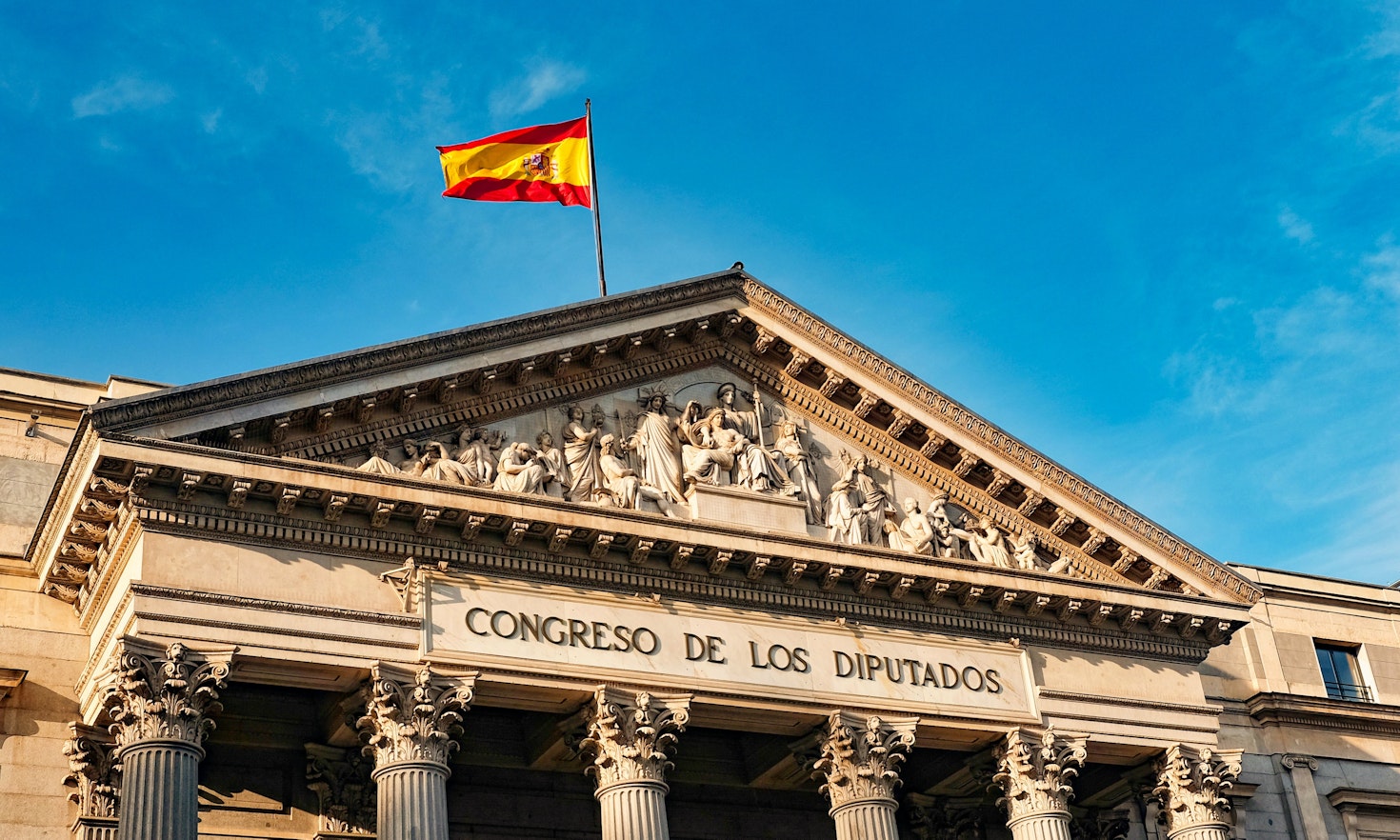Early elections in Spain: causes and prospects

The public appearance of Spanish President Pedro Sánchez after the municipal and regional elections took many by surprise. Instead of assessing the resounding and unexpected defeat of the Socialist Party, not so much in terms of the number of votes as in the loss of important strongholds, he announced his intention to dissolve Parliament and to call for general elections on 23 July. This unexpected move means bringing forward the elections originally scheduled for the end of the year, in which Sánchez intended to make the most of Spain's presidency of the European Union, which begins on 1 July. How can this decision be explained? Why have Spaniards, despite recent good economic indicators, turned their backs on the Socialist government? Are we facing a change of cycle, or will Sánchez succeed in rising like a phoenix once again?
To answer these questions, it is necessary to go back in time. After the inability to form a government following the April 2019 elections, Sánchez and his strategists decided to force a re-run of the elections in November of that year, hoping to increase support and improve the PSOE's negotiating position. The move did not work however, and a few days after the elections, in a stroke of the kind the Socialist leader likes so much, Sánchez announced an agreement with Podemos for the first nationwide coalition government since the Second Republic. The speed of this agreement came as a surprise, not only because Sánchez had previously said that he would not be able to sleep if Pablo Iglesias, leader of Podemos, was in the government, but also because both formations required the support or acquiescence of a multitude of nationalist and pro-independence formations in Catalonia and the Basque Country, including Bildu, a political formation that evolved from terrorist group ETA. Finally, in January 2020, after a heart-stopping vote, Sánchez won the confidence of parliament with 167 votes in favor, 165 against and 18 abstentions.
The coalition government had a difficult life from the beginning. The health emergency and economic crisis generated by the pandemic, the conflict in Catalonia, and the inflationary crisis resulting from the war in Ukraine were some of the main challenges Sánchez faced. Nevertheless, he has made a great effort to extend social protection and has implemented reforms in the labor market, education and housing that have allowed Spain to enjoy good economic indicators in recent months.
But economy is not everything, or so the results show, which have inflicted major defeats to mayors and regional presidents whose management was highly regarded. The answer seems to lie in the polarization, and, above all, the animosity generated by the figure of Pedro Sánchez.
Parliamentarianism as a form of government has been in crisis for years, and Spain is no exception. Since his inauguration, Sánchez has opted for a presidentialist profile, probably with the intention of hiding the internal rifts within his government which have arisen from the deep divisions between its two constituent parties. This has earned him an image as an arrogant and overbearing leader, compounded by his record of broken promises. He claimed that the figure of Pablo Iglesias in the government would keep him awake at night and then appointed him vice president. He promised not to pardon members of the Catalan government convicted of the 2017 secession attempt and then, not only did he do so, but he also amended the Criminal Code to eliminate the crime of sedition and lowered the penalties for misappropriation of public funds. He repeated ad nauseam that he would not make deals with Bildu and then agreed on the budget with the party.
This fickleness has sunk Sánchez's image in public opinion and impacted even the Socialist Party's traditional reservoirs of votes. The absolute majority obtained by the People’s Party in last year's elections in Andalusia was an early warning sign. However, despite voices calling for a break with Podemos and its pro-independence allies, and a shift to the center to counter the rise of the People’s Party led by Alberto Núñez Feijoo after a bloody internal crisis, Sánchez opted for a shift to the left by deepening these alliances. The crisis generated by a reform of sexual crimes -pushed by Podemos- which has led to the reduction of sentences for many of those convicted of rape was yet another blow to the party’s already precarious standing. The scandal generated and the subsequent reaction evidenced the lack of government cohesion, whose marriage of convenience had an expiration date in the next general elections. Evidence of this is the fact that Sánchez promoted his minister of labor, Yolanda Díaz, whose new party, Sumar, aspires to unite the votes of formations to the left of the PSOE. A risky operation due to Podemos' reluctance to join the party, which would lead to its virtual disappearance.
It was against this backdrop that municipal and regional elections were held. Although Socialist candidates could show their achievements, since they governed in 10 of the 12 regions at stake and in a multitude of local councils, the campaign quickly took on national tones. As expected, the People’s Party approached it as a major censure motion against Sánchez with the slogan "derogar el sanchismo" (abrogate Sanchism), intending to win the election again after seven years of defeats. What was new, was that Sánchez once again opted for a personalistic campaign in which he focused on the achievements of his government, despite warnings from his regional leaders. The result was resounding. The People’s Party won the election with a 750,000-vote lead over the Socialists and will govern all the major cities with the exception of Barcelona. Of the 12 autonomous communities where voting took place, the Socialist Party will retain government in only three, with an absolute majority only in Castilla la Mancha, the very territory whose regional leader has been most critical of Sánchez.
The hasty calling of early elections appears to be an attempt to silence internal criticism of Sánchez, as well as a means to curb an overall favorable climate for the People’s Party. Everything points to a high-tension and extremely polarized election campaign in which the two main parties are banking on a “no”. Sánchez’s bet depends on two factors: a high mobilization of the left-wing electorate, fearful of a hypothetical coalition government between the People’s Party and the radical right-wing Vox that would lead to social cuts and increase tension in Catalonia, and Yolanda Díaz’s success in regrouping all the votes to the left of the PSOE, which would allow her to redraw her alliances and retain power. For its part, the People’s Party aspires to consolidate a change of cycle and focus its status as an alternative that will end the Sánchez era. However, any governing option requires the relationship with Vox, whose votes are needed to consolidate governments of the People’s Party in municipal councils and autonomous communities, to be clarified. To do so, he will have to try to win a solid majority not only by concentrating the center-right vote, but also by adding former Socialist voters who are dissatisfied with Sánchez or who prefer to rid the People's Party of Vox's influence. In any case, these are conjectures that will not be clarified until the end of July, when much of the country will be on vacation, another factor that should not be overlooked.

Citation
This content is licensed under a Creative Commons Attribution 4.0 International license except for third-party materials or where otherwise noted.






